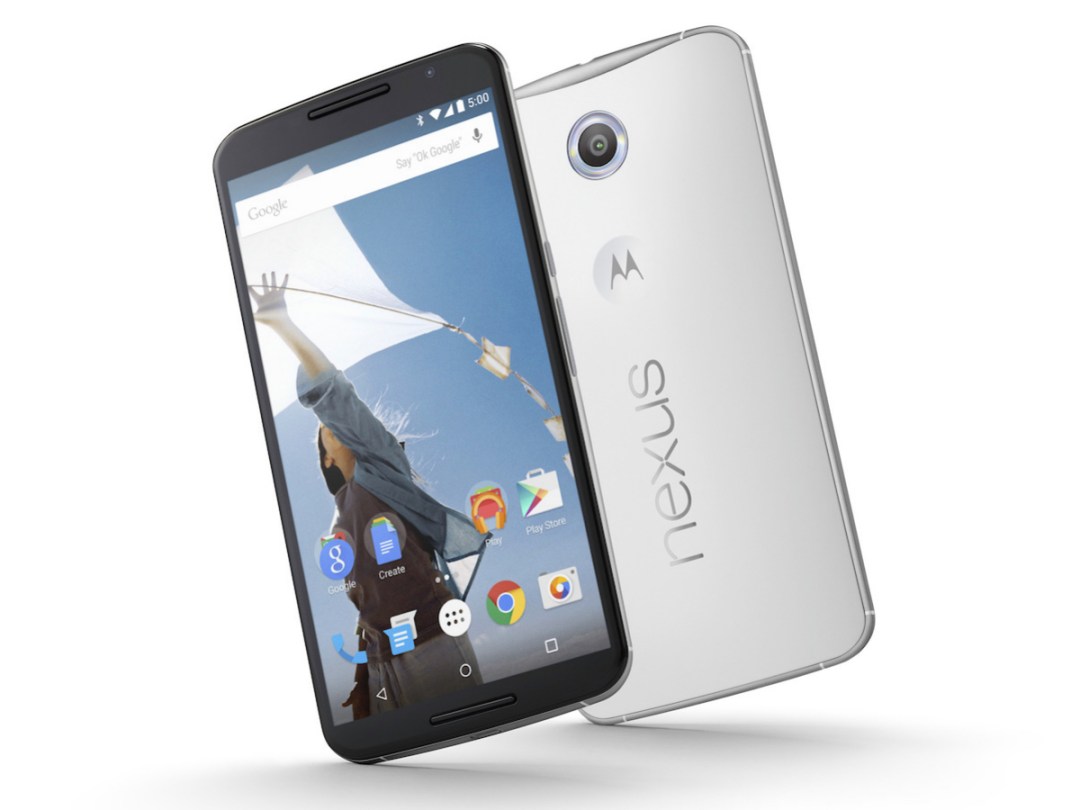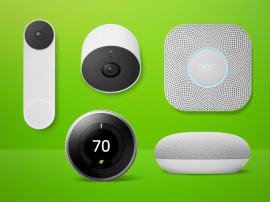Project Fi, Google’s wireless service, launches in Early Access in the United States
All the rumours and reports were true, as the Nexus 6-enabled network goes live

Overnight, we heard that Google was on the precipice of launching its wireless service, which we had learned plenty about through various reports in recent months. And that proved totally true: Project Fi is officially a thing now, at least in the States.
All of the official details line up well with what had leaked in various reports starting in January. Project Fi is built on wireless spectrum shared with Google by both Sprint and T-Mobile USA, and the service can automatically switch between those networks and available Wi-Fi to determine the fastest for your needs at any given time.
No contract is required, and you’ll only pay for the data you actually use. While you need to select a monthly data plan – say, 2GB for US$20 – the amount paid for any unused data will be credited to your next bill. And if you go over the amount selected, you’ll still simply be charged at that US$10/GB (just under £7/GB) rate for as much as you used. And data costs the same internationally, as well, in 120+ supported countries.
Project Fi seems pretty affordable, as well: you’ll pay US$20 (about £13) per month for unlimited domestic calling and texts, as well as international texts, with the data fee stacked atop that. International calls cost $0.20/minute separately, as well. And there’s an app that’ll show you your current data usage, as well as let you pay your bill and change plans.
Initially, Project Fi is only available in an invite-only Early Access mode in the United States, for which you’ll need to request an invitation. And as heard previously, only the Nexus 6 is compatible, due to the specialized cellular radio and compatibility with the Project Fi SIM card.
No word yet on when the service will support additional plans, or if Google has worldwide ambitions and wants to do something similar internationally. But a service this affordable, flexible, and potentially reliable (given the multiple networks in play) could be a game-changer for the wireless industry. We hope so, at least.
[Source: Google Blog, Project Fi]



